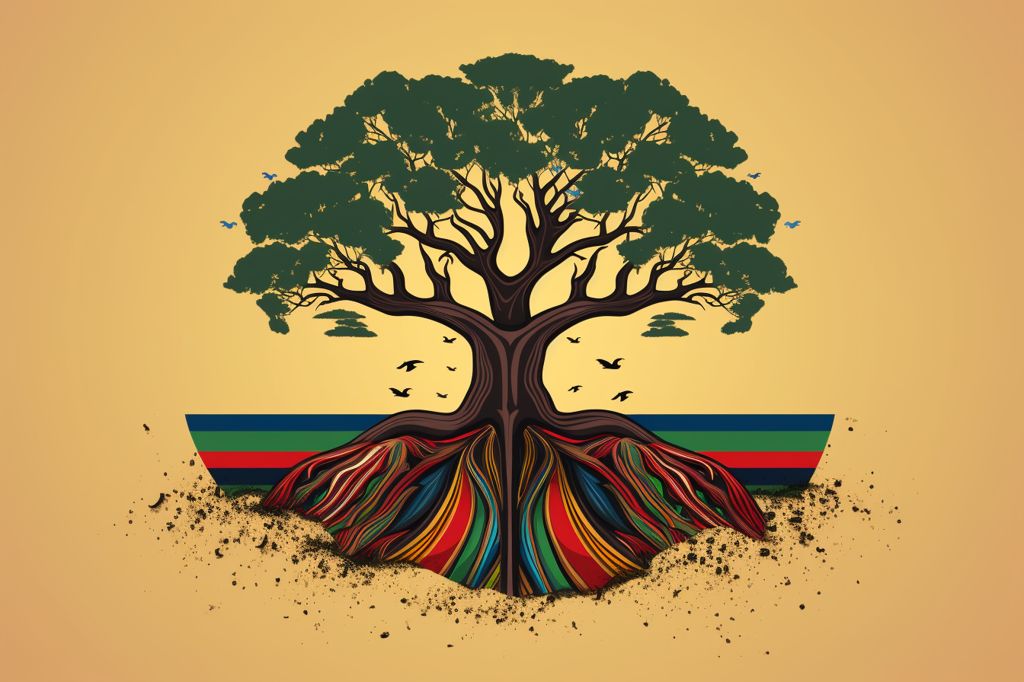South Africa’s political economy is a complex interplay of historical injustice, aspirations for equality, and challenges posed by global and domestic environments. This article provides insights into South Africa’s path towards inclusive and prosperous development by examining the challenges and opportunities faced in addressing income inequality, promoting economic transformation, managing natural resources sustainably, and fostering international partnerships.
Historical Injustices and Income Inequality
Decades of institutionalized discrimination through apartheid created vast disparities in wealth and opportunities, with the majority of the population remaining marginalized and excluded. Income inequality continues to be a primary challenge in South Africa, with the gap between the rich and the poor remaining alarmingly wide. The concentration of wealth in the hands of a few exacerbates social tensions and undermines inclusive growth.
Addressing Inequality through Broad-Based Black Economic Empowerment and Education
Broad-Based Black Economic Empowerment (B-BBEE) initiatives were introduced to redress the imbalances of the past, ensuring increased participation of historically disadvantaged individuals in the economy. However, their effectiveness and impact continue to be subjects of debate. Education plays a significant role in addressing disparities in society, investing in quality education equips individuals with the knowledge and skills needed to participate meaningfully in the economy, reducing income inequality, and promoting social mobility.
Sustainable Resource Management and Economic Diversification
South Africa’s rich natural resources, including minerals, play a pivotal role in its economic landscape. The mining sector has historically been a cornerstone of the nation’s economy. Still, the reliance on finite resources poses challenges such as environmental degradation, resource depletion, and vulnerability to global commodity price fluctuations. Diversification and sustainable resource management are key considerations for South Africa’s future economic resilience.
Insights on the Direction for South Africa’s Political Economy
Based on existing policies, current trends, and knowledge, here are some insights on the direction for South Africa’s political economy:
- Inclusive Growth and Economic Reforms: South Africa will continue pursuing inclusive growth, addressing income inequality, and empowering marginalized communities by implementing policies that promote job creation, skills development, and entrepreneurship.
- Economic Diversification: Encouraging sectors such as renewable energy, technology, tourism, services, and the green economy to increase their contribution to long-term sustainability and resilience.
- Infrastructure Development: Investing in infrastructure, such as transportation, energy, and telecommunications, is vital for economic growth and development.
- Anti-Corruption and Governance: Tackling corruption and strengthening governance structures will remain crucial for attracting domestic and foreign investment.
- Social Welfare and Poverty Alleviation: Reducing poverty and improving social welfare programs will remain on the political agenda.
- Foreign Relations and Trade: Strengthening ties with African nations, deepening partnerships with emerging economies, and pursuing mutually beneficial trade agreements will feature prominently in South Africa’s economic strategy.
- Technological Advancements: Encouraging innovation, fostering digital literacy, and promoting the growth of the technology sector can lead to increased productivity, job creation, and economic competitiveness.
South Africa’s ability to effectively navigate challenges, implement reforms, and leverage its strengths will play a vital role in shaping its economic trajectory in the coming years. Innovative policies that promote redistribution, empower marginalized communities, and foster sustainable economic development are central to these efforts.








